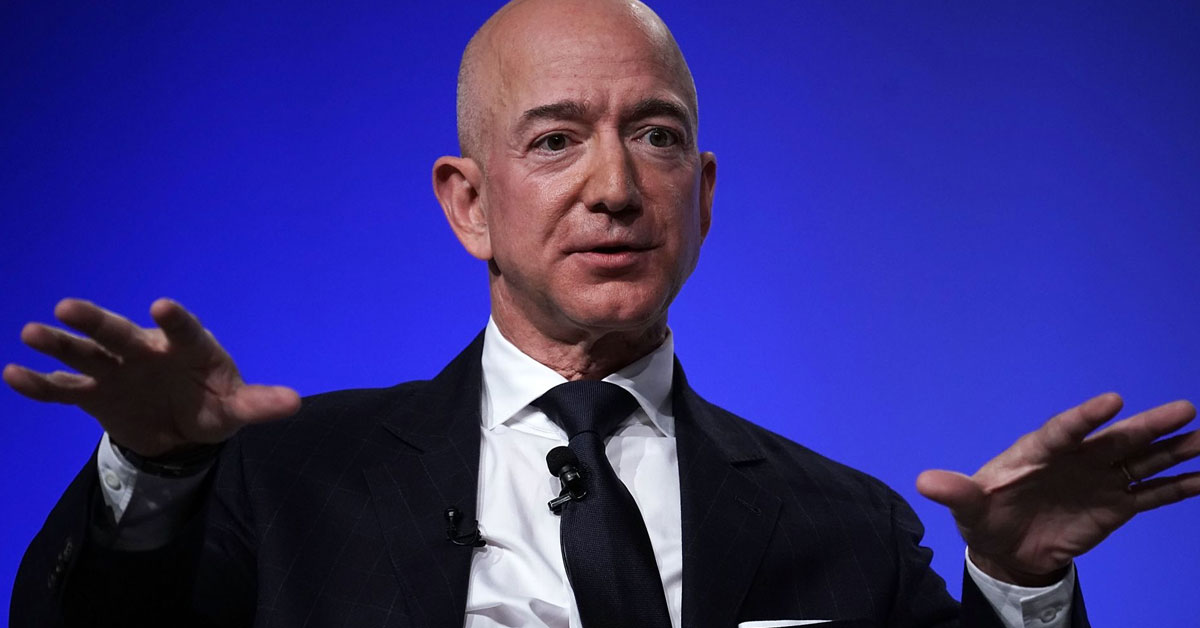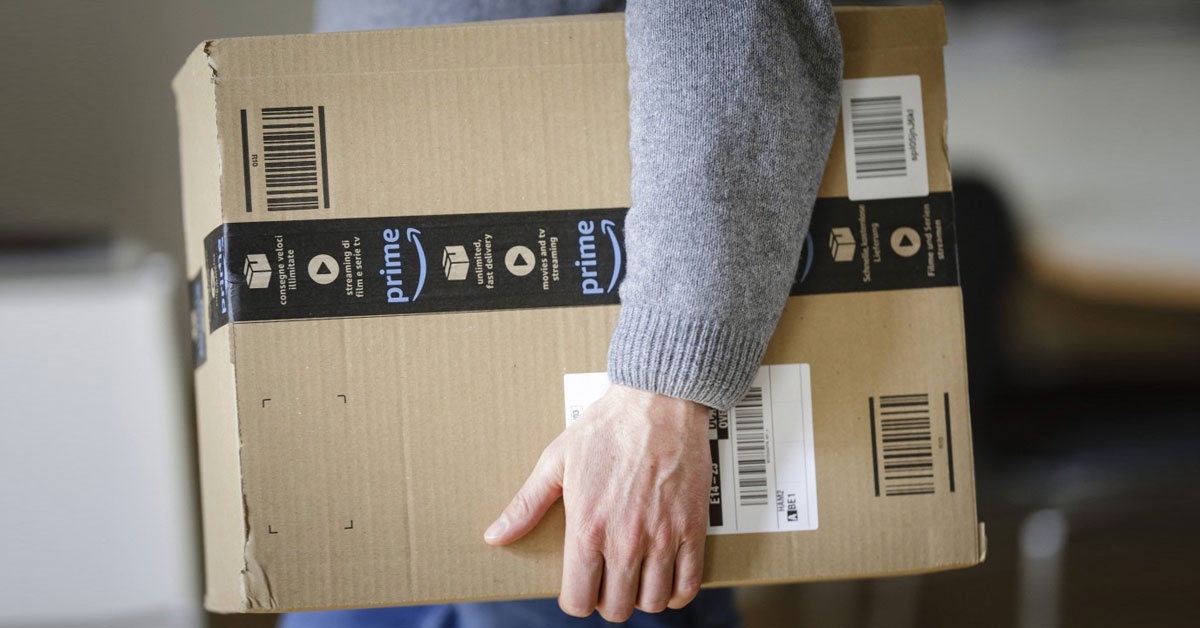Here are 3 questions the FTC is asking about it
The Federal Trade Commission has been questioning Amazon’s competitors about its Prime service and how it competes with its own marketplace sellers.
Amazon and its fellow tech giants will soon find themselves the focus of increased antitrust scrutiny from the Federal Trade Commission, reports Vox.
FTC is mainly interested in the following three lines of questioning related to Amazon:
Fulfillment by Amazon’s pricing structure
Amazon sellers can use FBA service to ship items sold on other sites like eBay or Etsy.
FTC is interested in the service’s pricing structure. According to Gizmodo, Amazon charges 75 percent more if a seller ships to a customer who bought from a competing site. So while a seller pays $4.76 to pack, ship, and handle customer service for an item weighing between one to two pounds on Amazon, the same item costs $8.75 on their own store, Etsy, eBay, or another commerce site.
This discrepancy has caught the FTC’s attention.
Amazon competing against its own sellers
Amazon competing against its own sellers is perhaps the most popular topic among the company’s critics, including Elizabeth Warren.
Amazon invites small and midsized businesses to sell directly to Amazon customers on Amazon.com through a platform known as the Amazon Marketplace. But Amazon has created more than 100 of its own brands that often compete directly against Amazon’s third-party sellers.
The question is whether Amazon unfairly uses sales and other data from its sellers to undercut or otherwise beat out these same small and midsize merchants.
Amazon Prime bundling of services
Prime customers can pay a flat fee of $119 per year to gain access to benefits like one-day shipping, TV shows, music, and storage. The issue is that smaller services don’t have the same advantages that Amazon does, and may have to charge for each service individually. Furthermore, it’s not clear if Amazon needs to, or actually does, profit off of its annual Prime membership fee. If that’s the case, then bundling the services together may only serve to undercut competitors.
More Amazon news

Trump is targeting Amazon and Alibaba
President Trump signs trade memorandum on counterfeit products President Donald Trump puts Amazon, Alibaba, eBay and other online marketplaces on notice, signing a memorandum that aims to curb the sale of counterfeit items online. “This is a shot across...

Drunken online shopping is big business — especially for Amazon
Drunk shopping is an estimated $48 billion industry 85 percent of drunk shoppers visit and make ill-advised purchases on Amazon Tech and business newsletter The Hustle surveyed more than 2,000 alcohol-drinking adults about their online shopping behaviour...

Jeff Bezos: Smart people make decisions differently than everyone else
Smart people tend to change their mind a lot Smart people are open to new points of view, new information, new ideas, contradictions, and challenges to their own way of thinking Jason Fried, co-founder of Basecamp and co-author of the New York Times...


